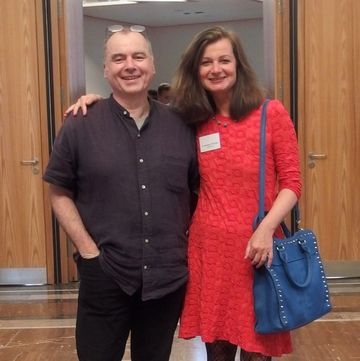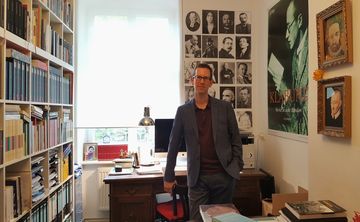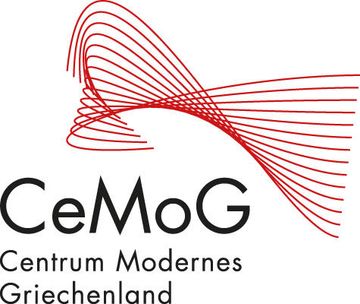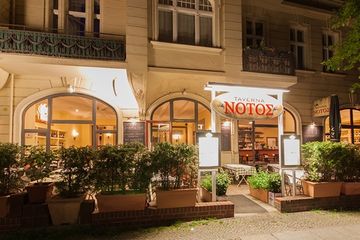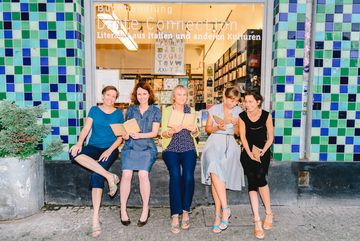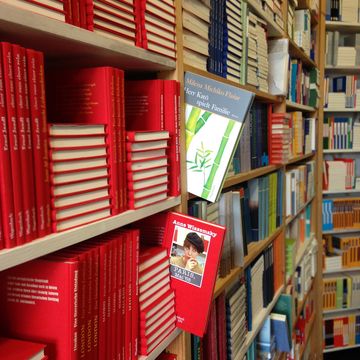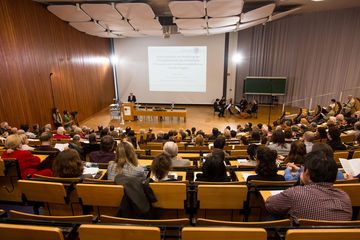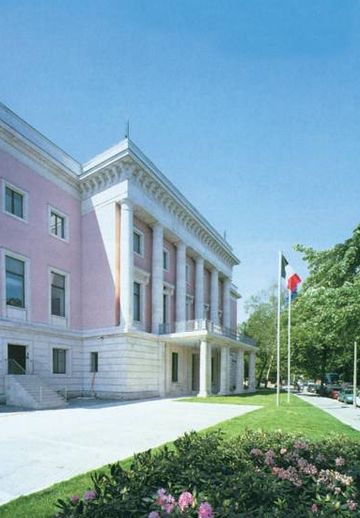Alexander Gumz was born in 1974 in Berlin, where he still lives, and studied German and Philosophie. He is an editor and organizer of literary events with KOOK e.V. and for the poesiefestival Berlin, as well as co-founder of the long night of literature and music in Hamburg HAM.LIT, the poetry night Teil der Bewegung in Leipzig and Frankfurt am Main, and the literature festival Wortgarten in the Uckermark.
His first poetry collection, ausrücken mit modellen, was published in 2011 by kookbooks, Berlin. 45sec, Gedichte zu Fotos von Michael Mies followed in 2013 from SuKuLTur, Berlin, and in 2015 verschwörungscartoons, New-York-Flarf-Gedichte from parasitenpresse, Cologne. His newest collection, barbaren erwarten, was published in January 2018 by kookbooks. He is the recipient of the Wiener Werkstattpreis für Lyrik 2002 and the Clemens-Brentano-Preis of the city of Heidelberg in 2012. He has received grants from the Villa Decius in Krakow, Poland (2007), the Germany Academy Rome at the Villa Baldi in Olevano Romano (2013), the Villa Aurora in Los Angeles (2016) and the Berlin Senate Department for Culture and Europe (2010 and 2018).

